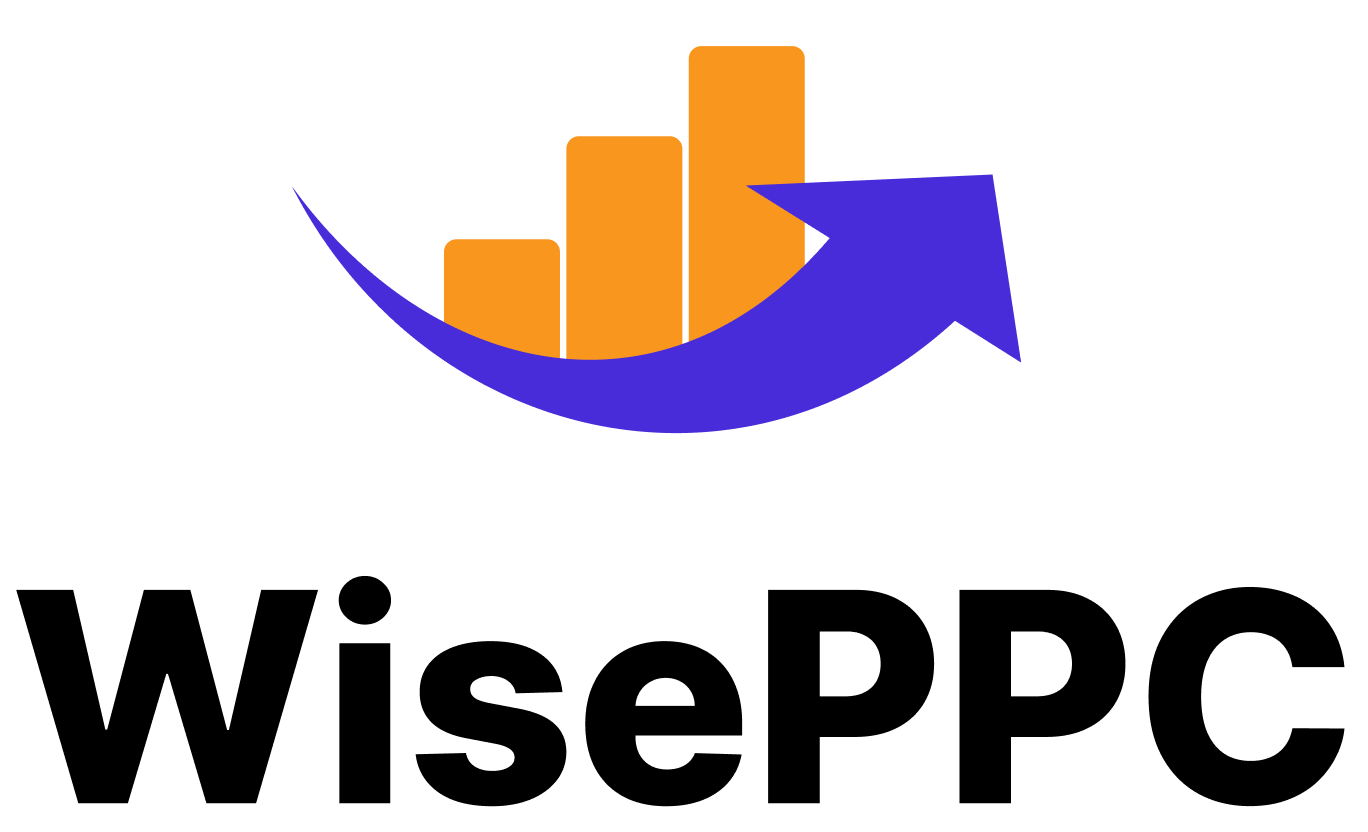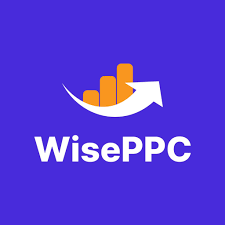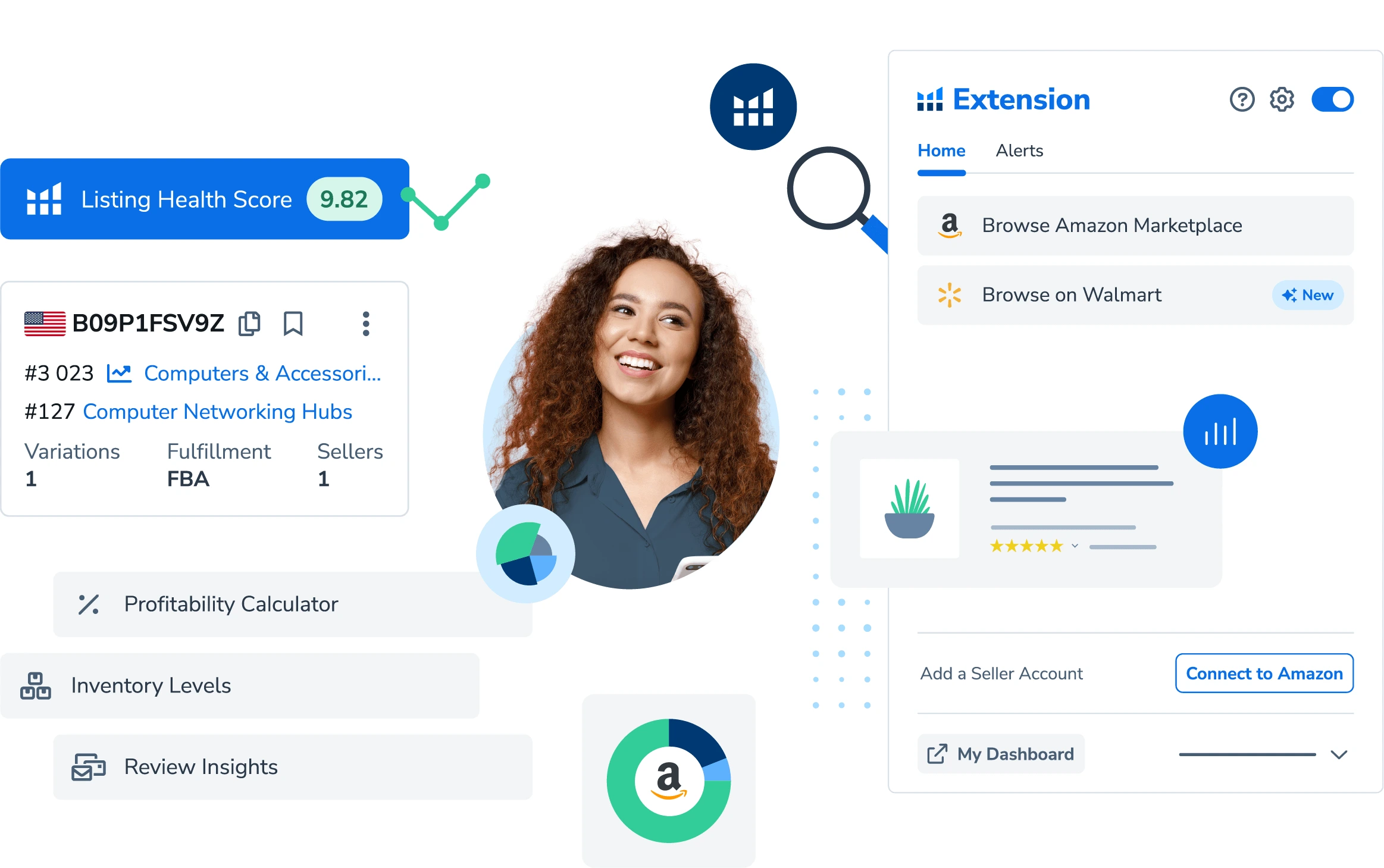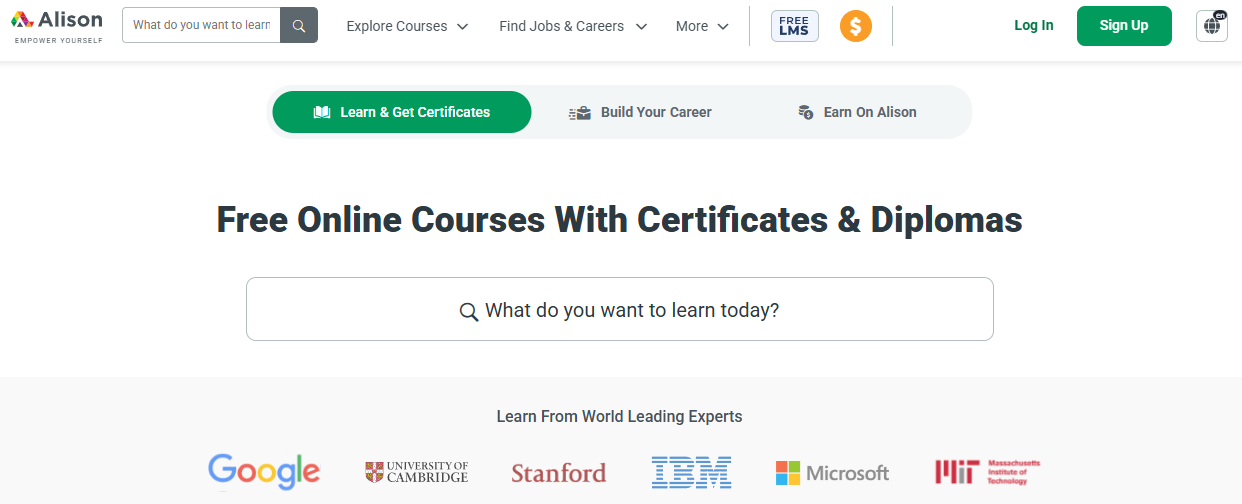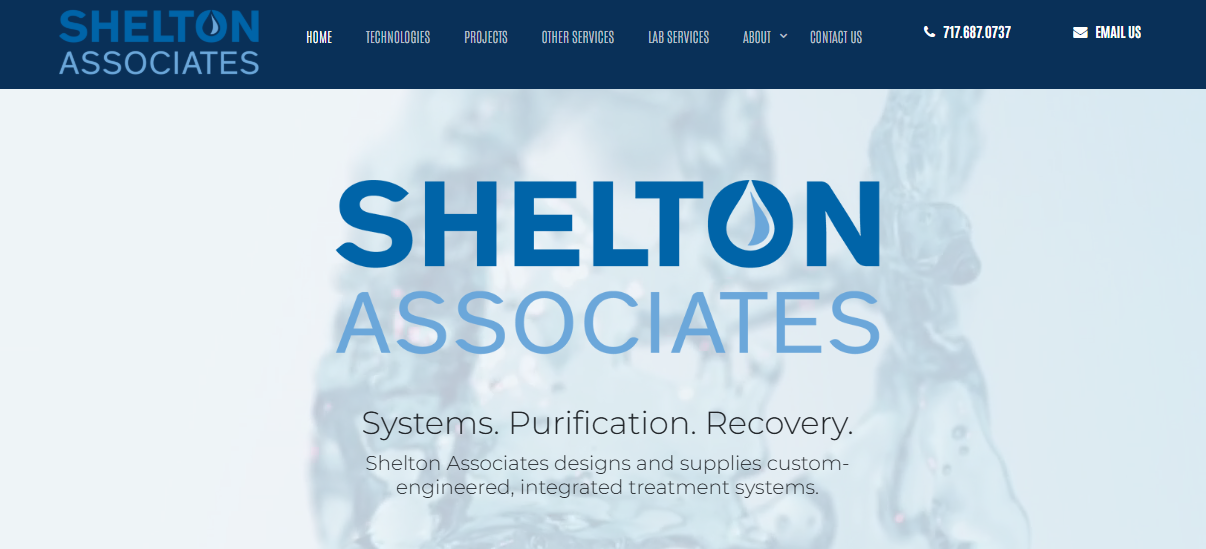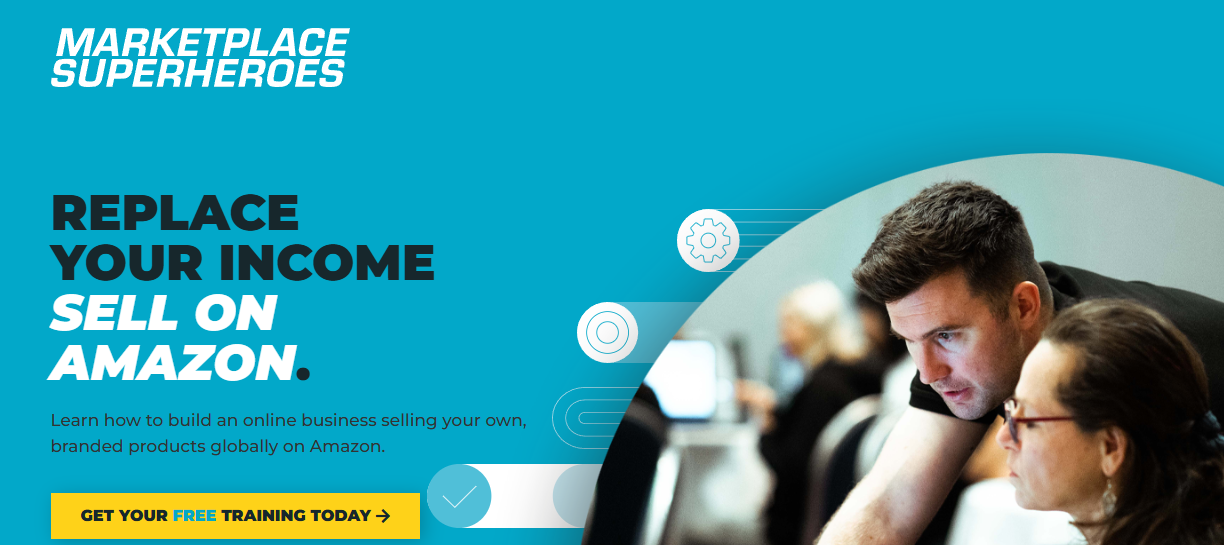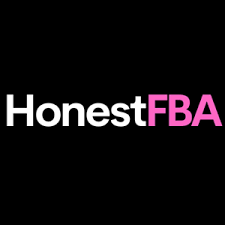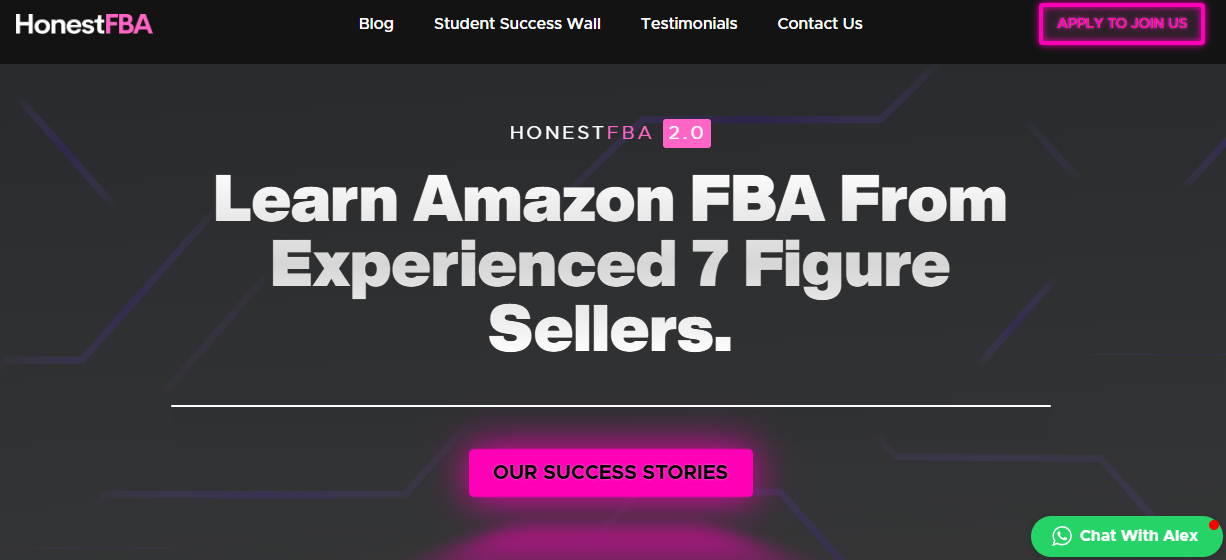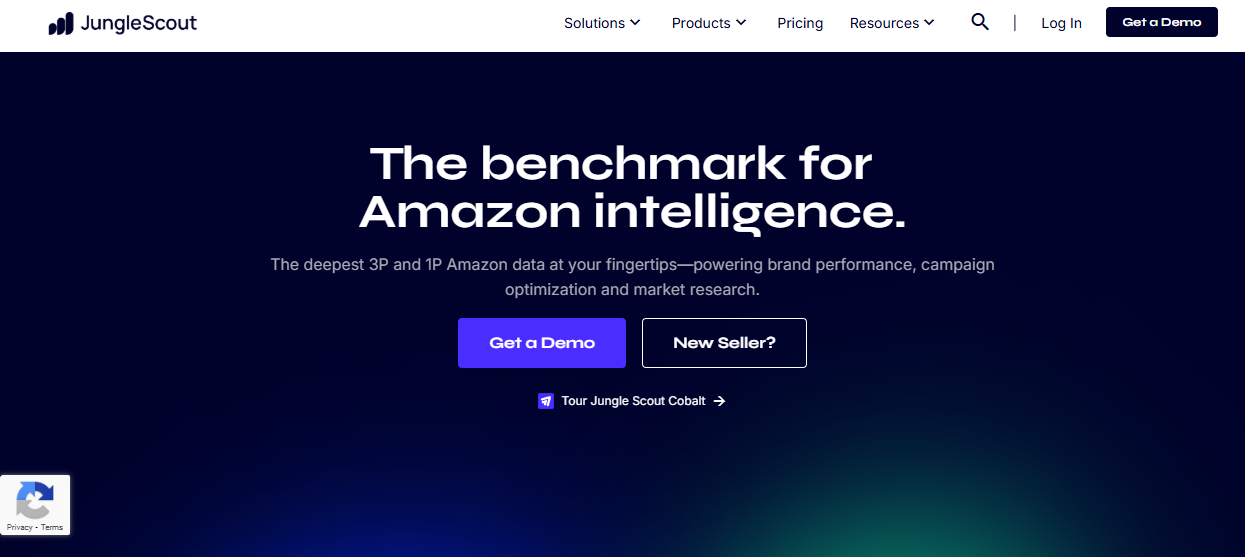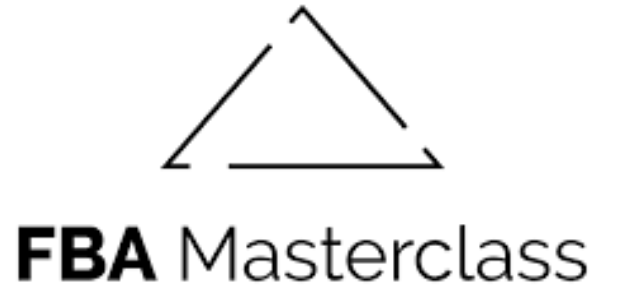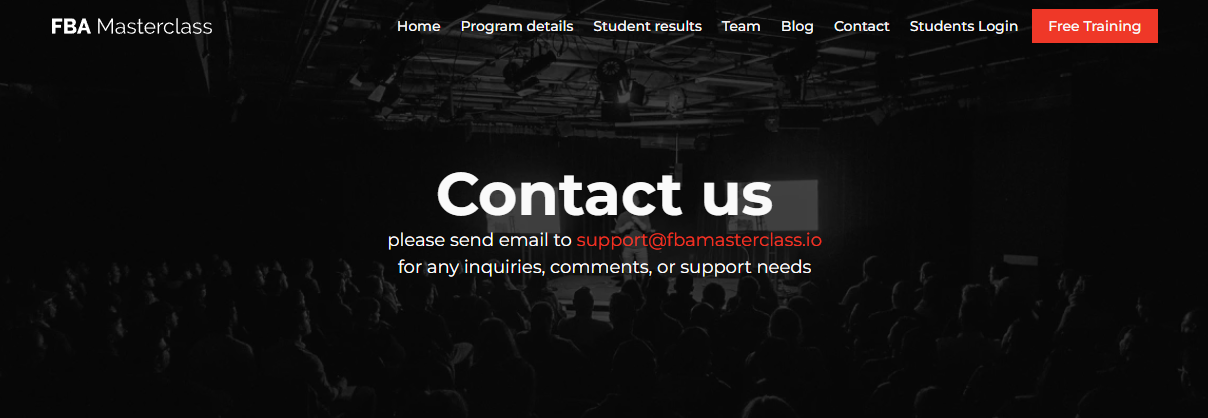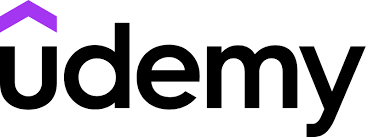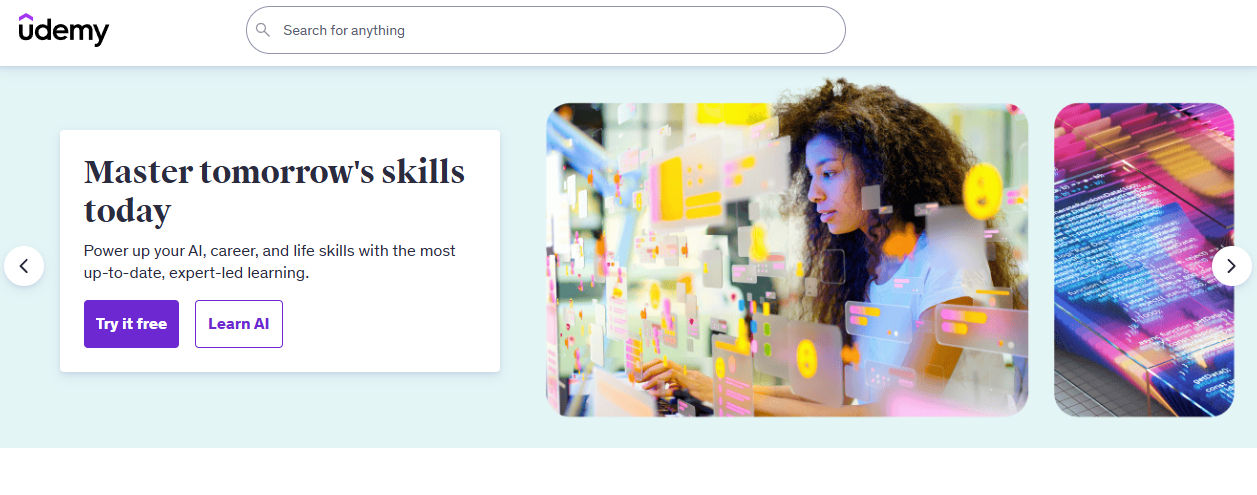Best Amazon FBA Courses to Learn in 2025
If you’ve ever tried piecing together Amazon FBA strategies from YouTube videos and scattered blog posts, you know how messy it can get. That’s where structured courses come in handy. The right one can cut through the noise, give you a clear framework, and save months of trial-and-error. Of course, not every course is built the same. Some lean heavy on theory, while others drop you straight into the nuts and bolts of product research, sourcing, and ad management. In this guide, we’ve pulled together a mix of FBA courses that stand out, whether you’re starting from scratch or looking to sharpen specific skills like PPC or scaling beyond your first product.
Wise PPC: A Smart Tool for Amazon Advertising Success
When you’re going through an FBA course, we know PPC often feels like the hardest part to put into practice. Theory is one thing, but once you’re inside Seller Central, it’s easy to get lost in scattered reports, endless clicks, and unclear results. That’s why we built WisePPC the way we did. We bring ad spend, sales, and organic performance together in one place so you can clearly see what’s driving your numbers. Instead of guessing which campaigns or keywords are draining your budget, you get clarity from the start.
We also designed our platform to make everyday PPC management less overwhelming. With WisePPC, you can filter campaigns to find problem areas, compare historical trends, and make updates without digging through multiple menus. Bulk edits and inline adjustments mean you can act quickly instead of spending hours making small changes. For learners, this matters because it turns what you’re studying in a course into something you can test, measure, and improve on immediately. Our goal is simple: to give you the tools to move from theory to action, and to help you build confidence in managing PPC as part of your FBA journey.
1. Helium 10 – Freedom Ticket
Helium 10’s Freedom Ticket is a structured Amazon FBA course built around practical steps sellers take in real life. The curriculum moves from foundation topics like business setup and branding to hands-on skills such as product research, sourcing, listing optimization, and PPC. It also covers money basics, including fees, cash flow, and forecasting, plus day to day operations like supply chain and compliance.
Lessons are delivered by subject experts across areas like IP, finance, sourcing, and advertising. The course closes the loop with guidance on risk management, account health, and hiring support roles, so sellers can keep improving after launch. Materials live inside the Helium 10 environment, which helps tie training to actual workflows.
Key Highlights:
- Step by step video modules from first principles to advanced tactics
- Instructors with focused expertise across legal, finance, sourcing, and PPC
- Emphasis on execution with real platform workflows and tool demos
- Coverage of compliance, account health, and process building for scale
Contact Information:
- Website: www.helium10.com
- LinkedIn: www.linkedin.com/company/helium10
- Facebook: www.facebook.com/Helium10Software
- Instagram: www.instagram.com/helium10software
- X (Twitter): x.com/H10Software
2. Alison – Sell on Amazon FBA by Leveraging Existing Popular Listings
This Alison course focuses on a low barrier route into Amazon FBA by adding inventory to existing listings. The path is geared to beginners who want to start small using wholesale or arbitrage and then scale. Core modules walk through account setup, basic research, sourcing from domestic suppliers, and preparing and shipping stock to FBA.
The training stresses practical steps over theory. Learners practice finding viable products, running simple checks on demand and costs, and listing against current ASINs. It suits people who want straightforward guidance without building a private label brand on day one.
Key Highlights:
- Beginner friendly path that starts with existing listings
- Clear coverage of setup, research, sourcing, and FBA prep
- Step by step structure for moving from first units to repeat orders
- Mobile friendly learning with simple, short modules
Contact Information:
- Website: alison.com
- LinkedIn: www.linkedin.com/company/alison-learning
- Facebook: www.facebook.com/AlisonCourses
- Instagram: www.instagram.com/alisonlearning
- X (Twitter): x.com/Alison_Learning
3. Shelton Associates – Amazon FBA Training
Shelton Associates offers 1-2-1 Amazon FBA training that is tailored to a seller’s goals. The program is practical and covers the full cycle, from picking a product and contacting manufacturers to creating a brand, setting up the seller account, and building the first listings. Sessions can run in person or online via Zoom or Skype.
The day also gets into the mechanics that new sellers often miss, like profit calculation, Amazon SEO, image and content standards, pricing, and competitor checks. It includes an overview of ads, brand registry, and options for expanding to other marketplaces, ending with a simple growth plan.
Key Highlights:
- Personal 1-2-1 format with live guidance
- End to end coverage from product choice to first sales
- Practical work on margins, content, and Amazon SEO
- Remote or on site delivery, based on preference
Contact Information:
- Website: www.sheltonassociates.co.uk
- Phone: 0114 236 7727
- Email: [email protected]
- Address: Shelton Associates, S17 Business Centre, 303 Twentywell Lane, Sheffield, S17 4QG
- LinkedIn: www.linkedin.com/company/shelton-associates
- Facebook: www.facebook.com/SheltonAssociates
- Instagram: www.instagram.com/shelton_associates
- X (Twitter): x.com/SheltonAssocia
4. Marketplace SuperHeroes – Kickstart Reselling System
They position Kickstart as a practical path into Amazon reselling. The course focuses on sourcing from everyday channels, listing against existing products, and building routine around research and operations. Content is organized so newcomers can set up accounts, learn basic checks on demand and costs, and ship stock into FBA without getting lost in theory.
Support sits alongside the training. Learners get guided sessions, a private space to ask questions, and a simple process for moving from first tests to repeatable work. Extra materials cover tasks that tend to slow people down, like ungating brands, working with a virtual assistant, and handling buy box issues.
Key Highlights:
- Beginner friendly entry into reselling with clear steps
- Focus on sourcing systems and repeatable daily routines
- Community and coaching to keep momentum
- Practical extras for ungating, VA hiring, and buy box control
Contact Information:
- Website: marketplacesuperheroes.com
- Email: [email protected]
5. HonestFBA
They run a practical Amazon FBA training program led by active sellers. The course focuses on building a brand from product research through launch, with clear steps and simple checklists to keep work moving. Content is broken into short lessons that cover setup, sourcing, listing quality, and launch planning without leaning on hype.
Support is a core part of how they teach. Members get access to coaches for questions, live group calls, and product research sessions where ideas can be reviewed. The community is active, and there are meet ups and events for networking. Tools, templates, and a structured starter plan help turn lessons into day to day actions.
Key Highlights:
- Brand focused approach with end to end guidance
- Live coaching and product research reviews
- Active community for peer help and accountability
- Simple tools and templates to speed up routine work
- Clear starter plan to reach first launch
Contact Information:
- Website: www.honestfba.com
- Email: [email protected]
- Instagram: www.instagram.com/honest_fba
- X (Twitter): x.com/the_alex_d_
6. Jungle Scout Academy
Jungle Scout Academy is a training hub built into their software. Lessons walk through the seller journey in plain steps, from product research and validation to listing, launch, ads, and ongoing management. Content is on demand, so sellers can learn at their own pace and connect what they learn to the tools they already use.
Instruction comes from experienced sellers, with the founder guiding core topics. Alongside videos, they host live Q&A sessions and jumpstart calls for new sellers, plus forums and livestreams. Because training sits next to the tools, it is easy to apply ideas inside the same workflow.
Key Highlights:
- Training integrated with product research and tracking tools
- Short, focused lessons for each stage of selling
- Guidance from experienced Amazon operators
- Live Q&A and community touchpoints for support
Contact Information:
- Website: www.junglescout.com
- Address: 328 S. Jefferson St., Suite 1030 Chicago, IL 60661
- LinkedIn: www.linkedin.com/company/junglescout
- Facebook: www.facebook.com/amazonjunglescout
- Instagram: www.instagram.com/junglescout_
- X (Twitter): x.com/junglescout
7. FBA Masterclass
FBA Masterclass is a mentorship driven program that teaches private label from first idea to launch. The curriculum is step by step, with a clear order for research, supplier outreach, branding, listing build, and first sales. The style is direct and keeps to what sellers actually need to do, rather than theory.
The program pairs lessons with coaching and community. Multiple instructors share their methods, and members can ask questions, join live calls, and get feedback on roadblocks. The goal is to help beginners move from learning to execution with a simple path and steady support.
Key Highlights:
- Private label focus with a clear path from research to launch
- Mentorship from multiple instructors
- Straightforward guidance aimed at beginners
- Community support to troubleshoot day to day issues
Contact Information:
- Website: fbamasterclass.io
- Email: [email protected]
- LinkedIn: www.linkedin.com/company/fba-masterclass
- Facebook: www.facebook.com/fba.masterclass
- Instagram: www.instagram.com/fba.masterclass
- X (Twitter): x.com/FbaMasterclass
8. Udemy – Amazon FBA Course – How to Sell on Amazon Mastery 2025
Udemy hosts a practical Amazon FBA course that teaches the day to day work inside Seller Central. The training covers core skills like setting up an account, choosing a product, sourcing, preparing shipments for FBA, and building a clean listing. Lessons keep to plain steps, so beginners can follow along without chasing extra guides.
The course touches both arbitrage and private label, showing how to compare options, handle basics like UPC codes, and check simple costs before moving forward. Materials are on demand and supported by short readings and downloads, which makes it easy to review a topic and apply it the same day.
Key Highlights:
- Step by step path from setup to first listing
- Coverage of arbitrage and private label basics
- Practical walkthroughs for FBA shipments and listing quality
- Short lessons that fit busy schedules
- Clear focus on how to use Seller Central features
Contact Information:
- Website: udemy.com
- Address: Udemy, Inc. Legal 600 Harrison Street, 3rd Floor San Francisco, CA 94107
- LinkedIn: www.linkedin.com/company/udemy
- Facebook: www.facebook.com/udemy
- Instagram: www.instagram.com/udemy
- X (Twitter) :x.com/udemy
Wrapping up
There’s no shortage of Amazon FBA courses out there, but the ones that stand out usually do the same thing well: they give you a clear structure, show you what to avoid, and cut down the trial-and-error time. Some programs dive deep into private label, others stick with wholesale or arbitrage, and a few blend everything together. Which path makes sense depends on your budget, time, and the kind of business you actually want to build.
What matters more than the course itself is what you do with it. The best training won’t mean much if it just sits in your browser tabs. Pair the lessons with tools that give you visibility into your numbers, keep testing small, and make steady adjustments as you learn. That’s how most sellers actually get traction. At the end of the day, an FBA course is just the map—it’s still on you to drive.
Join the WisePPC Beta and Get Exclusive Access Benefits
WisePPC is now in beta — and we’re inviting a limited number of early users to join. As a beta tester, you'll get free access, lifetime perks, and a chance to help shape the product — from an Amazon Ads Verified Partner you can trust.
 No credit card required
No credit card required
 Free in beta and free extra month free after release
Free in beta and free extra month free after release
 25% off for life — limited beta offer
25% off for life — limited beta offer
 Access metrics Amazon Ads won’t show you
Access metrics Amazon Ads won’t show you
 Be part of shaping the product with your feedback
Be part of shaping the product with your feedback

